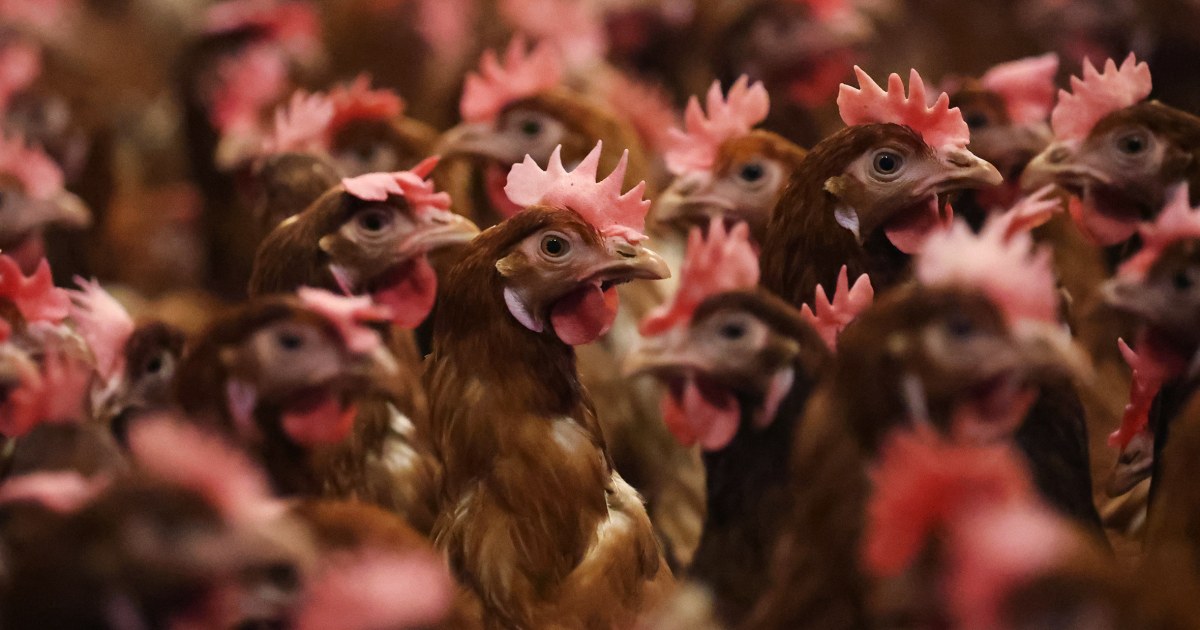
The Centers for Disease Control and Prevention said Thursday it has yet to identify “a clear source” of infection in a Missouri patient who tested positive for the bird flu virus despite no known contact with poultry or dairy cows.
The CDC disclosed the case last Friday, stating that the patient had been hospitalized on Aug. 22 and has since recovered.
Since March, there have been 13 bird flu infections in poultry and dairy workers amid an outbreak of H5N1 spreading rapidly in dairy cows across 200 dairy herds in 14 states, according to the CDC.
The patient was hospitalized, officials believe, not because of the infection but because of the patient’s underlying medical conditions. Officials declined to say what those conditions were, as that would involve disclosing private health information.
The patient had chest pain, nausea, vomiting, diarrhea and weakness — symptoms that were not initially linked to influenza, Dr. Nirav Shah, the CDC’s principal deputy director, said on a call Thursday, though a flu test was later administered. The patient, who wasn’t severely ill and didn’t require intensive care, was treated with an antiviral.
Missouri state health officials are still investigating the case. While the patient was reported to have no contact with animals, public health officials are now carrying out more detailed interviews, asking about wild birds or animals seen around the patient’s house or the use of bird feeders. They’re also asking about the type and source of meat and dairy the patient consumed, including any raw dairy.
None of the patient’s close contacts have developed any signs or symptoms of infection, Shah said, nor is there any evidence of the virus spreading from person to person. So far, officials have identified no additional cases. There has also been no indication of increased rates of flu in the area where the patient lives.
“Our investigation is not over,” Shah said. “We are beyond the typical 10-day window for transmission, and so with each passing day, the likelihood of this being something that’s happening deep underwater goes down.”
Officials maintain that the risk to the general population remains low.
“We assess risk continuously with every case and with every sort of change, and we continue to look at it as low,” Dr. Demetre Daskalakis, the director of the CDC’s National Center for Immunization and Respiratory Diseases, said on the call.
Shah said that the case may be a “one-off,” meaning it didn’t spread beyond the patient.
“Those do happen with novel influenzas,” he said, adding that so far this year, there have been a handful of swine flu cases that haven’t spread beyond a single individual.
No bird flu infections in dairy cattle have been reported in Missouri, state health officials said in a release Friday. There have been some cases reported in commercial poultry or backyard flocks and wild birds, they said. No additional human cases have been identified.
Officials are also looking for any changes in the H5N1 virus that may suggest an increased potential for human-to-human spread. None have been found so far.
Shah noted that the infection was detected thanks to Missouri’s influenza surveillance program.






